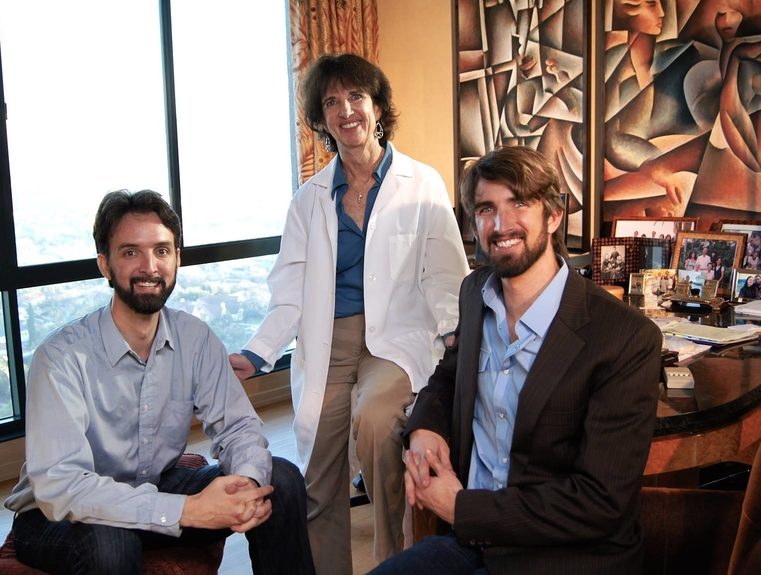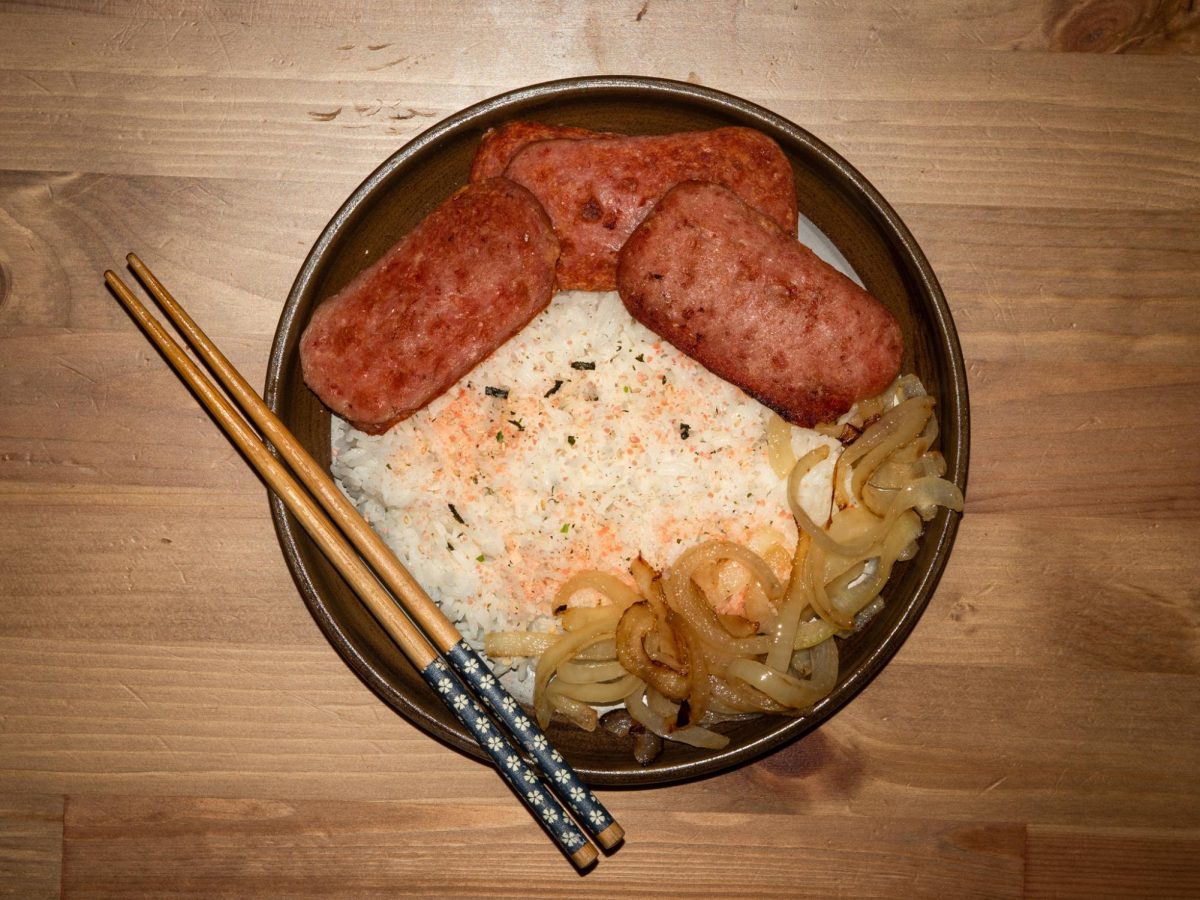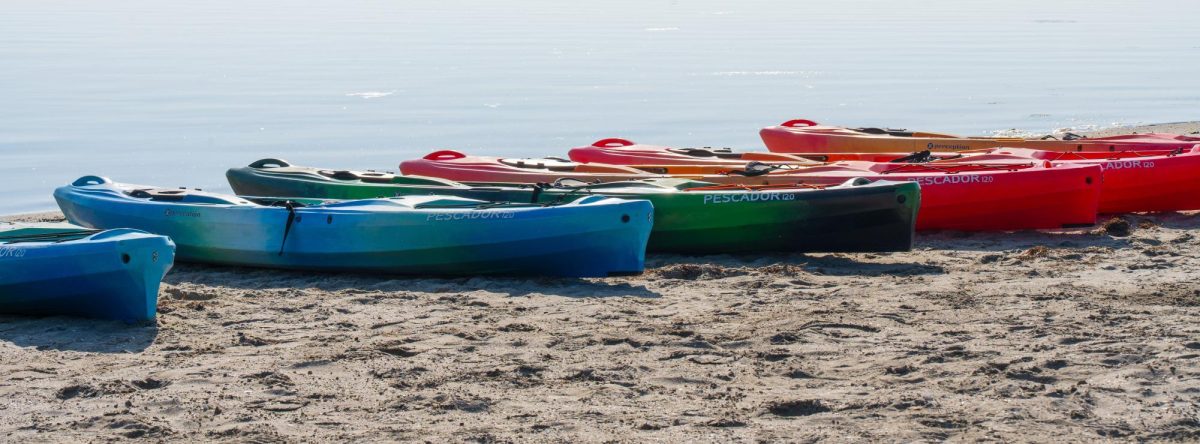Dr. Linda Strause is a long time professor in the biological sciences department at UC San Diego for BILD 22, Human Nutrition. She specializes in global clinical operations and clinical development, with emphasis in oncology. I took Professor Strause’s class last year and quickly discovered that I wasn’t the only student she has positively impacted. When a professor is passionate about their subject, it becomes a contagious ripple, opening minds and prompting waves of curiosity that are often unexpected out of a lower-division general education class.
I interviewed Dr. Strause about her journey to UCSD, her passion for education, and her focus on oncology.
The following interview has been condensed for clarity.
The UCSD Guardian: What has your journey as a professor in the biology department entailed and how did you get there?
Dr. Strause: I followed a fairly common path, from my B.A. at UC San Diego, to my Ph.D. at UC Santa Barbara, and to a postdoctoral position at UC San Diego. I was able to remain as a postdoc, transition to a research scientist and then, when my mentor Paul Saltman went on sabbatical, I was given the opportunity to teach an Introduction to Nutrition course at UCSD. I was nervous and unsure of myself, but I loved it. So, when I was given the opportunity to leave the university and venture out into the drug development industry, I took it but remained as a visiting professor so that I could continue to teach. Thankfully, that position eventually rolled in an adjunct professor, where I remain today. I have been teaching the lower division Introduction to Nutrition course to over 300 undergraduates [per class] for over 30 years.
The UCSD Guardian: What inspires you to do the work you do?
Dr. Strause: Education and knowledge are essential in order for the human race to survive. The students are our future. Every time I teach, I have the opportunity to share my knowledge, but more importantly to learn from my students. I enjoy being a mentor and hope that I can leave each student with knowledge that will help them to improve not only their overall quality of life but that of others.
The UCSD Guardian: How do you decide what is worth fighting for?
Dr. Strause: This is not a straightforward question because I believe that personal life experiences change and, with that change, our decisions may be different. I believe that I have always been focused on education and mentoring others. However, when my husband was diagnosed with incurable brain cancer, GBM (glioblastoma multiforme), my journey was changed forever. He died two years after his diagnosis. From that point on, my focus on oncology, specifically GBM, was clear. I am proud to be a mentor to younger women, I am proud to be a confidant for an individual caring for a loved one with GBM, and I am proud to be available for anyone who wishes to reach out to me.
The UCSD Guardian: How did Randy’s experience with cancer inspire the birth of you and your son’s hemp business? Would your younger self have expected you’d be on this path?
Dr. Strause: My two year journey with Randy and glioblastoma multiforme, an incurable brain cancer, changed my entire world. It was a journey that had no map. In order to make his life more comfortable and pain-free, we began using, at the time, medicinal marijuana on a more regular basis. This was before the passage of Proposition 64 and the new 2018 Farm Bill. The benefits became immediately apparent. Randy began to sleep better, and he had less pain in his muscles which meant we could move him more easily. After he died, Tyler, my oldest son, began to work in the medicinal marijuana industry. He worked in a physician’s office and learned about the use of marijuana. He worked with a cultivator as well as a biochemist to learn how to manufacture different products. Brendon joined Tyler in 2012 to form Randy’s Club, and I joined them in 2014. Our mission is to produce products that “we wished we had when Randy was alive.” We remain passionate about this mission. Our younger selves never would have believed we would be on this path had it not been for Randy’s diagnosis.
The UCSD Guardian: How have recent world events centering around COVID-19 affected your work?
Dr. Strause: World events have definitely had a dramatic impact on everyone. For me personally, the impact of learning to teach remotely, to a course of over 300 undergraduate students, in less than two weeks has taken at a minimum, two to three times the time as teaching in a classroom. This is because remote teaching includes both synchronous and asynchronous teaching. The materials need to be complete in advance in order to lecture in real time, synchronously, not just bullet points. Content of PowerPoint presentations must include more details so that they can be posted so that other students, unable to attend in real time asynchronously, can make sense of the material. In addition all lectures must be recorded and uploaded so students can listen whenever they want. Instructors should add techniques to keep students engaged while on their computers at home. I try to write at least two polling questions for every lecture. Of course, the fact that I have over 350 students magnifies everything and that this is new technology for the majority of faculty makes it challenging.








